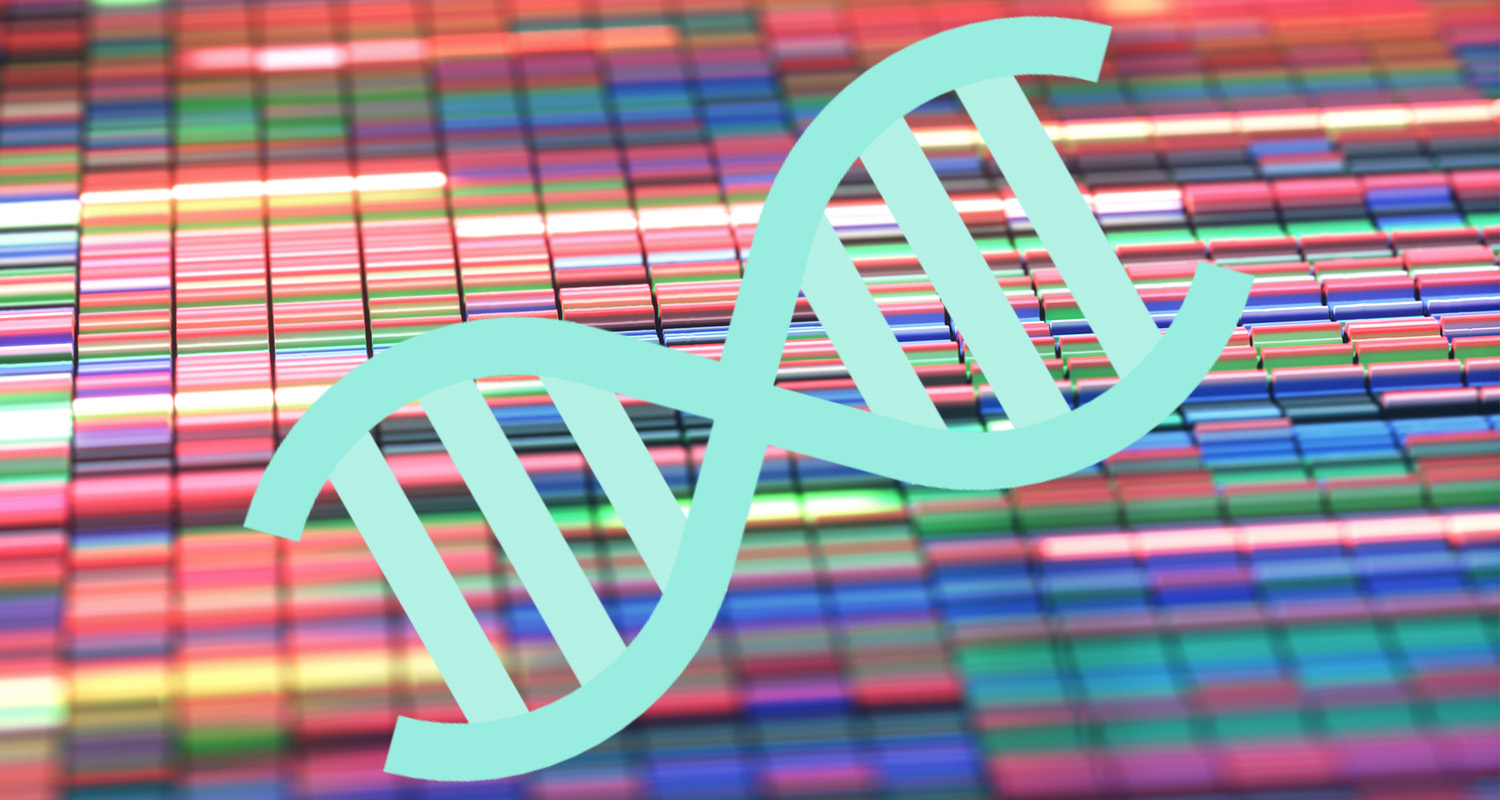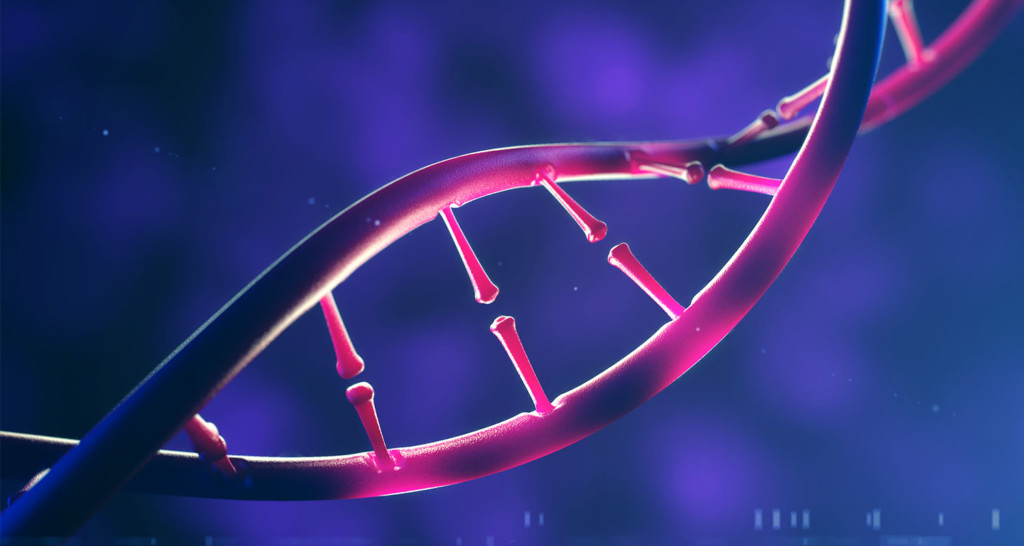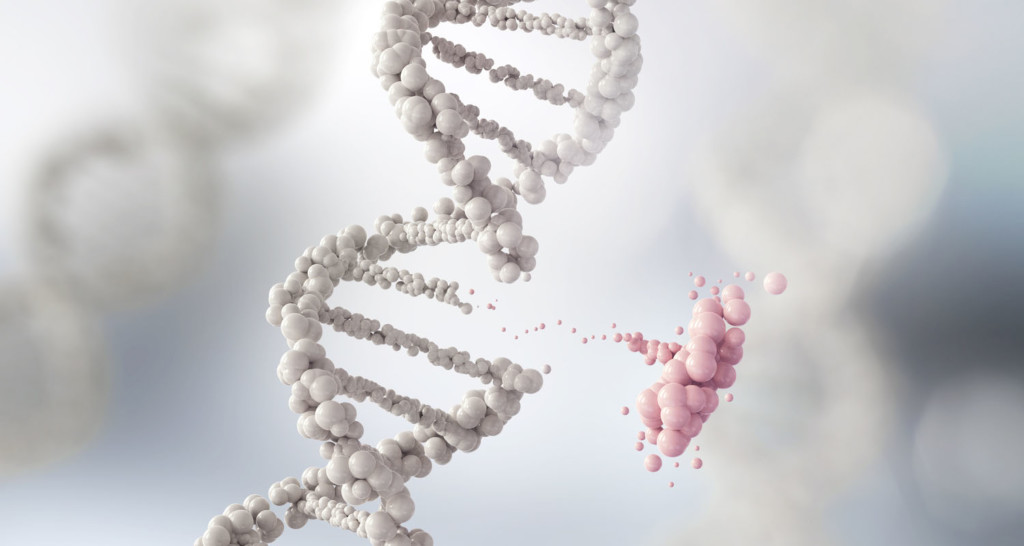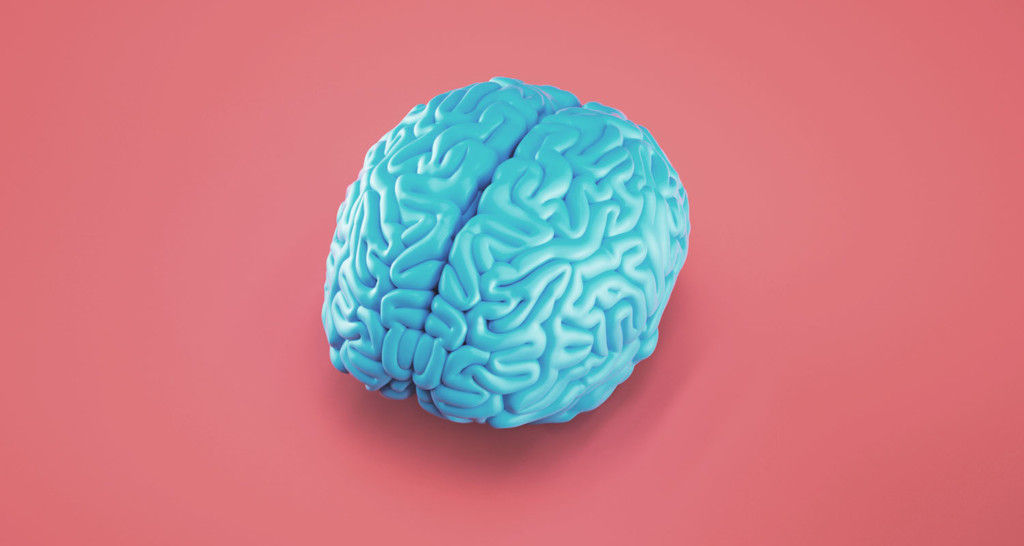
[tldr]
- DNA testing is easier and more affordable than ever, and you can use your genetic data to find out a lot about your biology.
- There are several home DNA tests available that don’t require a doctor’s approval.
- DNA testing can help you slow down aging, discover food allergies, sleep more deeply, decrease inflammation, and make your brain as resilient as possible
[/tldr]
It’s worth your time to get a DNA test, especially if you’re interested in longevity. I plan to live to 180 and I want my brain and body to run flawlessly the entire time. When you know how your genes work, you can control your environment to support them as much as possible. Genetic sequencing is some of the most valuable data you can get. You can learn a lot from your DNA.
In a recent Bulletproof Radio podcast episode [iTunes], synthetic biologist Andrew Hessel and I talked about the future of DNA sequencing. Hessel thinks genetic testing will be free in the next few years, and that you’ll be able to use your genome to get personalized genetic performance enhancement. That would be pretty cool.
In the meantime, you can use genetic testing to see how your body runs at a DNA level, and what you can do to make it stronger.
RELATED: The Best Home DNA Tests To Help Protect Your Body and Influence Your Genes
What are genes and DNA?
DNA is like a blueprint for your body. All of your cells contain DNA, and anytime they need to make something — a protein, a new cell membrane, and so on — they consult the DNA blueprint to see how to make it.
Your genes are like foremen, directing DNA construction. Genes are sequences of DNA that can turn on or off in response to your diet, environment, mindset, and dozens of other factors. By turning on and off, genes control what your cells make and how they behave.
Your get your genes from your parents, which is why things like eye color and height are inheritable: if both your parents had brown eyes, there’s a good chance you’ll have brown eyes too.
Understanding your particular set of genes gives you insight into how your body works. You can get a DNA test that sequences your genes — identifies them and writes them out — to see exactly what genes you have. With that knowledge, you can use your diet and lifestyle to hack your genes, turning them on and off in a way that makes your biology stronger.
Use a home DNA test to find out what genes you have
It cost $2.7 billion to sequence the first human genome.[ref url=”https://www.genome.gov/11006943/human-genome-project-completion-frequently-asked-questions/”] That was back in 2003.
Fortunately, prices have dropped in the last couple decades. Now you can get your entire genome sequenced for a few hundred dollars, or you can just look at important snippets for much less.
There are a lot of good home DNA tests available. Here are five DNA sequences to focus on if you want to improve your performance.
The MTHFR gene mutation
About 40 percent of people (myself included) have an MTHFR gene mutation. If you’re one of them, you want to know it: MTHFR increases your risk of heart disease, stroke, miscarriage, Alzheimer’s, and depression.[ref url=”https://www.ncbi.nlm.nih.gov/pubmed/23116396″][ref url=”http://clinchem.aaccjnls.org/content/clinchem/55/9/1742.full.pdf”]
The MTHFR gene controls whether or not you turn folic acid into methyl folate, an essential vitamin that your cells use for DNA production. If you have an MTHFR mutation, you create 30 to 70 percent less methyl folate, which affects your whole body and your brain in particular.
If you have MTHFR, you can compensate for your decreased methyl folate production by taking good methyl folate and methyl B12 supplements. First you have to figure out if you have the mutation. That’s where a home genetic test comes in. And if you do have MTHFR, check out this complete guide to rewiring your MTHFR genetics.
The genetics of deep sleep
Your genes also regulate your sleep.[ref url=”https://www.ncbi.nlm.nih.gov/pmc/articles/PMC3153991/”] They control your circadian rhythm, when you get tired, when you wake up, and how sensitive you are to light. Getting a genetic sleep panel can tell you a lot.
For example, if you have a mutation of the hPer2 gene, you likely wake up around 1AM and produce melatonin around 6PM, meaning you get sleepy much earlier than most people do.[ref url=”https://www.ncbi.nlm.nih.gov/pubmed/11232563/”] Knowing that, you can use light hacking and Bulletproof sleep upgrades to control your melatonin production and shift your sleep-wake cycle to fit your schedule better.
Genetic lactose and casein intolerance
A genetic test can also tell you exactly how well you digest dairy. Dairy intolerance is tricky because symptoms like inflammation and breaking out can come up a few days after you eat dairy, which makes it hard to pin to dairy. The good news is you can pin dairy intolerance to your genetics.[ref url=”https://www.ncbi.nlm.nih.gov/pmc/articles/PMC3401057/”] Take a look at your TLR6 and IL2 genes — they contribute to how well you digest cow’s milk.[ref url=”https://ctajournal.biomedcentral.com/articles/10.1186/s13601-016-0096-9″]
And if you don’t handle cow’s milk well, you can try raw, grass-fed sheep’s milk. It has different proteins and sugars in it that may not trigger your allergies.
Genetic testing for gluten intolerance
A genetic test will also tell you how well you digest gluten. The Bulletproof Diet suggests avoiding gluten at all costs, because even if you don’t have celiac disease, there’s a good chance you’re sensitive to gluten and it’s causing inflammation.[ref url=”https://www.ncbi.nlm.nih.gov/pubmed/23083989″] Or maybe you’re one of the small percentage of people who can eat gluten with no issues. Either way, you can find out with a genetic test. A lot of at-home DNA testing companies offer celiac testing as a package, usually by looking at your HLA DQ2 and DQ8 genes.
Genetic Alzheimer’s and Parkinson’s predisposition
It’s scary to find out whether you’re at risk for a neurodegenerative disease, but it’s also important to know. If you are at risk, there’s a lot you can do now to decrease that risk by a huge amount. A ketogenic diet, for example, can support your brain and protect you from cognitive decline,[ref url=”https://www.ncbi.nlm.nih.gov/pmc/articles/PMC5981249/”][ref url=”https://www.ncbi.nlm.nih.gov/pmc/articles/PMC2367001/”][ref url=”https://www.ncbi.nlm.nih.gov/pmc/articles/PMC5084248/”][ref url=”https://www.ncbi.nlm.nih.gov/pubmed/25832906″][ref url=”https://www.trci.alzdem.com/article/S2352-8737(17)30070-7/pdf”] and you can use the brain hacks I talk about in Head Strong to make your brain mitochondria as powerful and resilient as possible.
If you know you’re at risk for Alzheimer’s or Parkinson’s now, you can also stay on the lookout for cures, which are likely going to come in the next ten to fifteen years.
Test yourself for the APOE gene to see your Alzheimer’s risk,[ref url=”https://www.nia.nih.gov/health/alzheimers-disease-genetics-fact-sheet”] and test your PARK genes (PARK1-PARK8) to see your Parkinson’s risk.[ref url=”https://www.genome.gov/10001217/learning-about-parkinsons-disease/”]
Not sure where to start with genetic testing? Check out this complete guide to the best home DNA tests to find a test that suits you. The more you know about your biology, the more you can upgrade your performance.

















